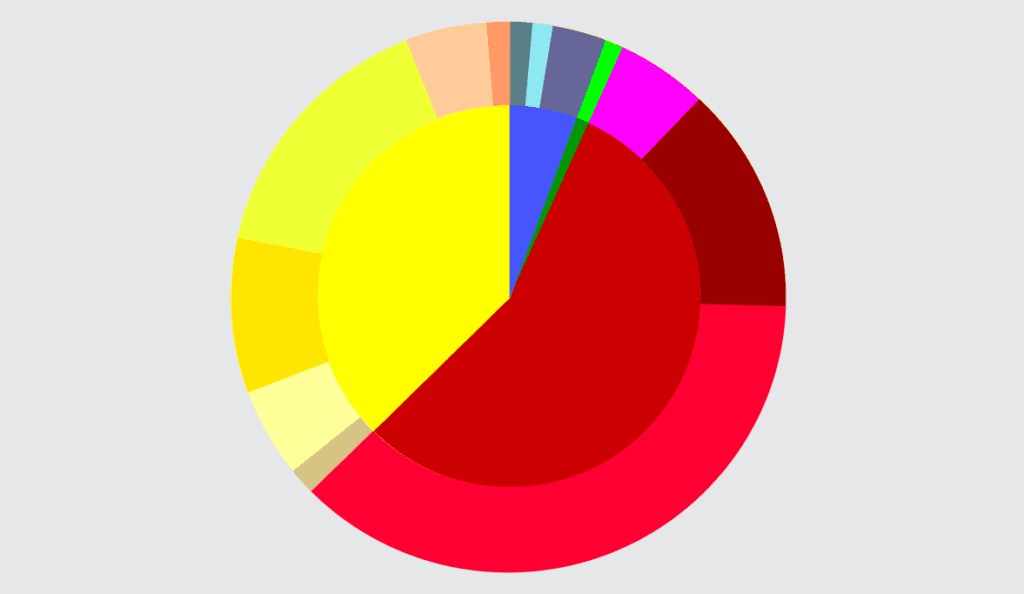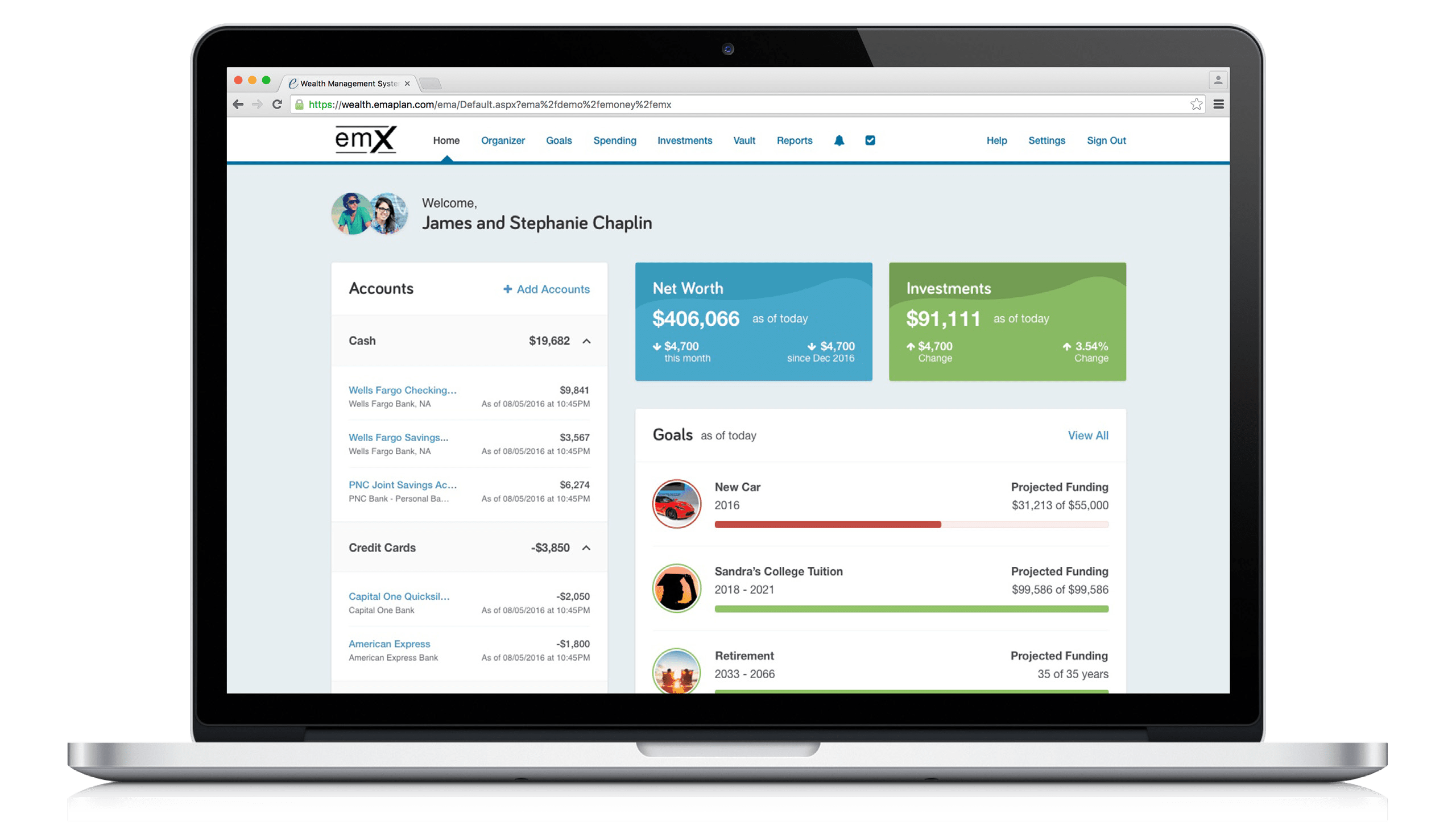Happy 40th birthday to the IRA! IRAs first became available to most of us in 1981, back when many retirees still had access to traditional pension plans. In those ensuing years, however, traditional pensions have become ever less common while so-called “defined contribution plans” (e.g., IRAs and 401(k)s) have taken their place as the predominant retirement savings vehicles.
And although IRAs can have disadvantages vis-à-vis traditional pension plans, they have one distinct advantage: If it turns out that you don’t need all the money in your IRA during your retirement, you can pass the balance along to your spouse, your kids, or anyone else you choose. And that can be a big deal.
As a result, mid-career individuals are starting to inherit their parents’ excess retirement savings. That’s wonderful news, especially given the challenges of work, saving for college, and providing for one’s own retirement. But an IRA is not simply money. It’s money that comes with restrictions as well as lots of rules and regulations.
So if you’ve inherited an IRA – or you think you may someday – it’s good to be aware of what they are (and aren’t) and how they generally work.
(Most of) What You Need to Know About Inherited IRAs in 7 Easy Lessons
- IRA means Individual Retirement Arrangement (or Account). It’s a retirement account that belongs to you as an individual. Some people think that an IRA is the same as a 401(k) account, but it’s not. A 401(k) is an account that is opened for your benefit by the company you work for. There are some similarities between the two kinds of accounts, but they actually operate under very different rules.
- The “retirement account” part of IRA means that the money in it was originally contributed pre-tax. It can come from direct contributions or from another IRA. In your case it probably originally came from your parent’s company retirement accounts.
- IRAs are not typically inherited via a will or trust. Strictly speaking, they are similar to trust accounts themselves that are held for your benefit (which is why they must always have a “beneficiary”). So, if you talk to your parents about their estate plan, you’ll want to ask them about the “beneficiaries” of any IRAs that they may have. Bear in mind, however, that IRAs can have multiple beneficiaries. In other words, an IRA owner can give a fixed percentage of her IRA to each of her “beneficiaries.”
- Most IRAs hold investments that are liquid and can be sold at any time. If that is the case, you can withdraw cash proceeds you want. You can also transfer the investments in your inherited IRA to another like account if you want. “Like account” means another account that you’ve opened as an “Inherited IRA”.
- What you cannot do is “roll over” the investments (or the cash) from your inherited IRA to an IRA that you opened on your own. That’s because an “inherited IRA” is governed by special rules.
- One of those rules is that, since no tax was paid on the original contributions to the account or to the investment returns inside the account, Uncle Sam is now impatient about getting his share. As a result, you will have to withdraw all of the funds in this account within 10 years. There may also be minimum annual withdrawal requirements, but the folks in Washington DC are still trying to figure out exactly what those annual withdrawal rules will be. (We’ll keep on top of this and can help with that aspect if you want.)
- And don’t forget: all the money that you withdraw from your Inherited IRA will be taxable just like regular “earned income.” In other words, you can’t take advantage of lower capital gains tax rates on the gains from these investments. You won’t have to pay Social Security or Medicare taxes on your withdrawals, but you will have to pay regular federal taxes (and state taxes, if applicable).
The bottom line: your inherited IRA is a wonderful thing, but in order to make the most of it you’ll want to understand exactly what it can (and cannot) do and then decide how you want it to fit into your overall financial plans. If you want, we’ll be happy to talk to you about how you might want to deal with this part of your inheritance. There are frankly a lot of considerations. But they all depend on your short- and long-term needs and desires. And yours are likely to be very specific to you.
Schedule a call with one of our trusted advisors to learn about your possibilities today.



